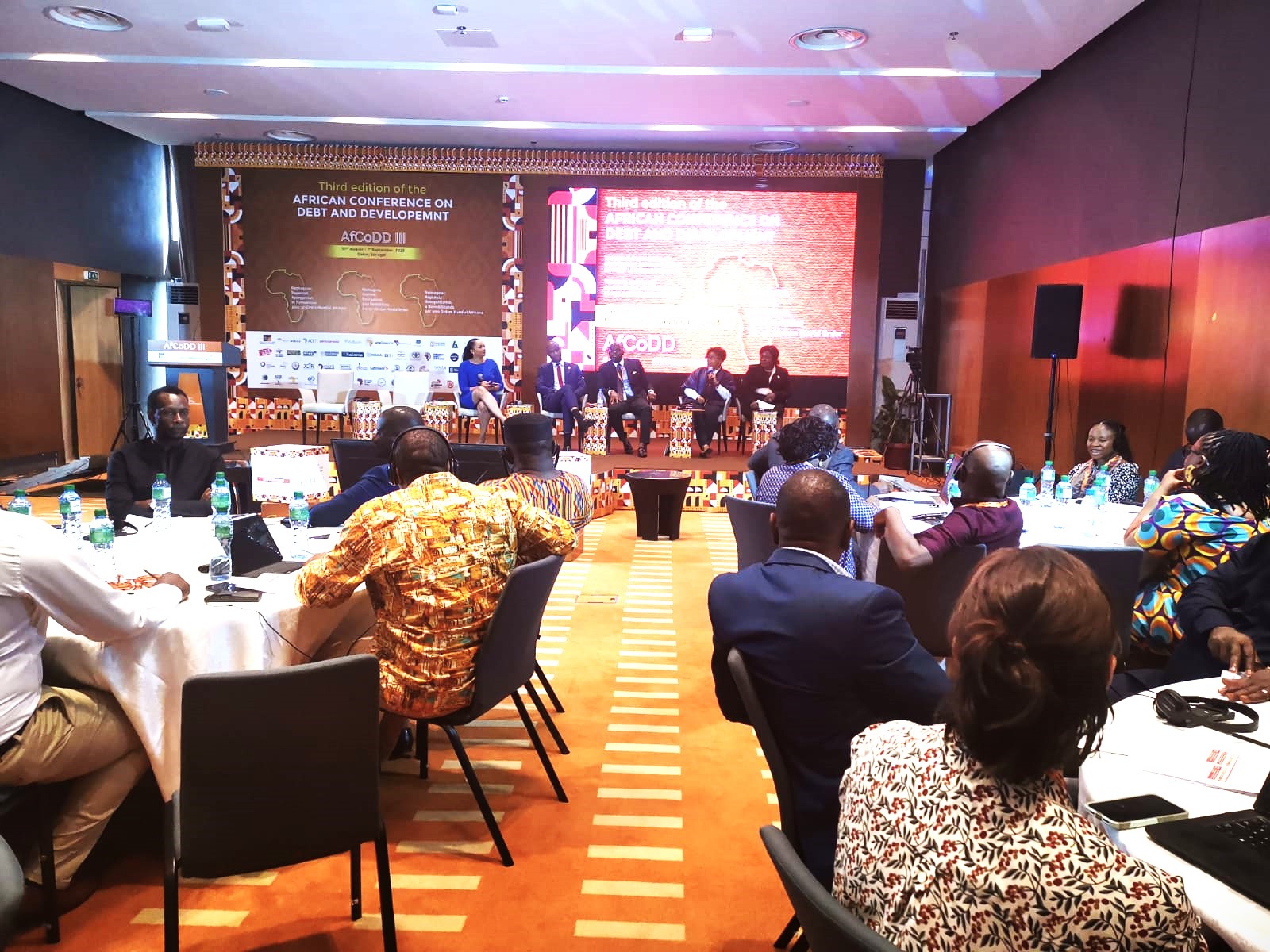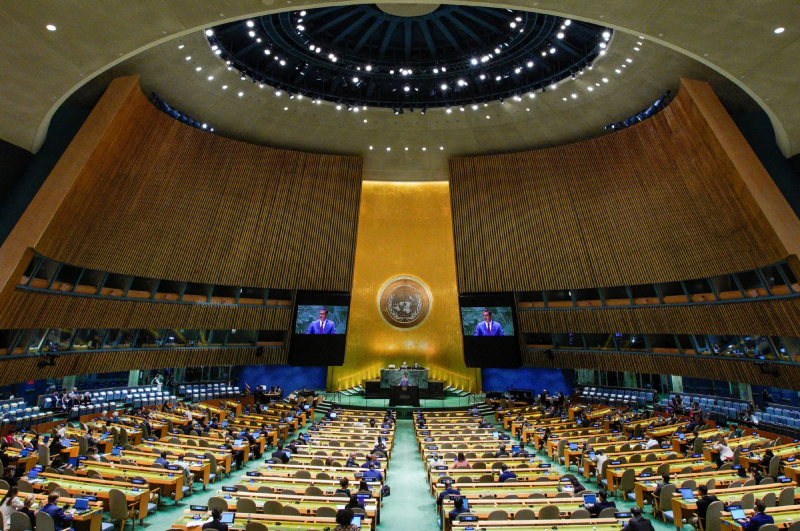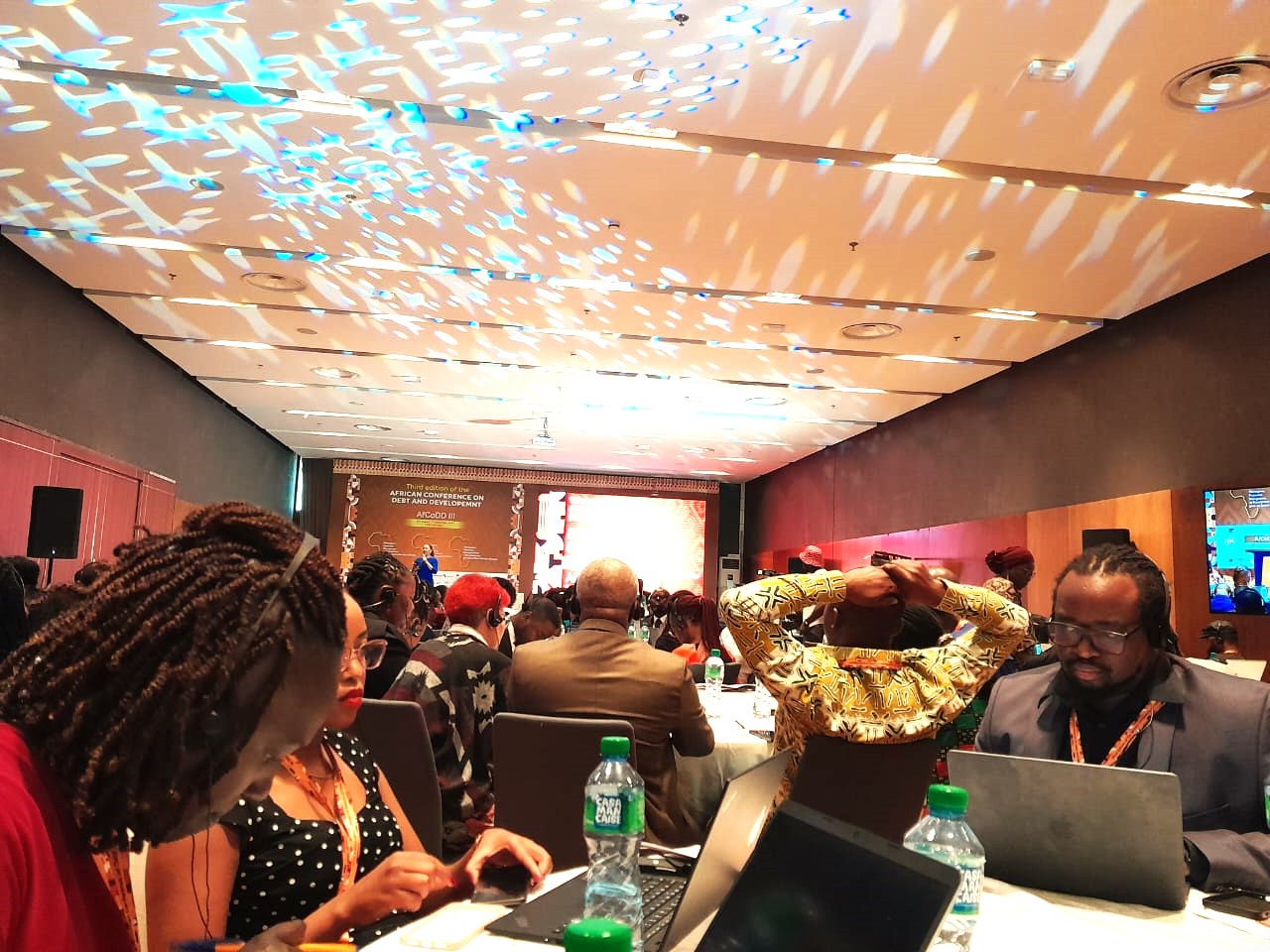

The African Forum and Network on Debt and Development (AFRODAD), Trust Africa, and the Stop the Bleeding Campaign, along with other development partners, organised a three-day third African Conference on Debt and Development (AfCoDD III) conference from August 30 to September 1, 2023 in Dakar, Senegal.
The conference themed "The 4Rs for Africa Rule-Maker: Reimagining, Rethinking, Reorganising, and Remobilising for an African World Order" focused on the state of debt in Africa and its implications for the development of the continent and its people. The African Conference on Debt and Development (AfCoDD) is an annual forum that brings together political, technical, and civic leaders from Africa to deliberate and agree on commitments that safeguard the macroeconomic sustainability of the continent as it moves towards achieving the structural transformation espoused in Agenda 2063. The conference seeks to strengthen collaborative partnerships by engaging with other participants, policymakers, and international organisations that can drive tangible progress in debt restructuring and sustainability.
In his opening speech, Opa Kapijimpanga, the Founder of AFRODAD presented a paper on the intricacies of debt sustainability in Africa within the context of dependency and underdevelopment. He highlighted that this new crisis, emerging just a decade after the 1980s debt crisis, raises concerns about the potential for a third debt crisis and, more broadly, whether Africa will continue to experience a never-ending cycle of debt crises. On the other hand, Ebrima Sall, Trust Africa Executive Director, in his opening speech noted that financing of African development needs to come primarily from Africa not external debt. He mentioned that some 90 billion USD is leaving Africa as illicit financial flow and argued that stopping this can help African countries to stop the bleeding and its dependency on unsustainable aid. He iterated that the solutions must be an African if they have to be lasting solution. Barbara Khalima-Phiri, Board Chair AFRODAD, on her part emphasised that the world has transitioned from a "multiple crisis order" to a "poly-crisis world order," citing the words of United Nations Secretary-General Antonio Guterres. She noted that many developing countries have showing symptoms to fail on their debt naming Ghana, Chad, Ethiopia, and Sri Lanka, which already are under debt stress, demonstrating the pressing nature of Africa's debt burden.
During a panel discussion on “Driving Economic Transformation: African Borrower Coordination in Action’’, the participants reiterated calls for Africa to have representation in the G20 common framework to ensure countries on the continent are not left exposed. The objective of the session was to to find out how the Borrower’s Club will help increase Africa’s development issues. The participants were of the view that having a voice and being present when the debt deals are being discussed will save African countries from finding themselves in deals that have stiff conditions, leaving them vulnerable. However, AFRODAD Executive Director Jason Braganza, pointed out that having a seat at the G20 common framework meant that the continent had to give up on some clubs such as the Borrower’s Club. On his part, Patrick Ndzana Oloma, African Union Commission Policy Advisor warned that countries on the continent risked negotiating debt deals with strange conditions if they continued not to have representation at the G20 common framework.
During the discussions, it was reported that some multinational corporations in Africa are using the informal sector to evade tax, leading to loss of revenue by governments. This came out during a panel discussion dubbed “An Overview of emerging schools of thought and dynamics in Debt Discourse in recent time and significance of research” on the side line of the AfCoDD III. The panelists regretted that this situation had hampered efforts by governments in Africa to raise domestic resources. It was suggested the need for governments to put in place mechanisms that would prevent abuse of legislation by multilateral corporations. There is also the need to look at the structure of our economies, many of them have informal services and governments are struggling how to capture these informal services sector.
Jesuit Justice and Ecology Network Africa (JENA), in their break-out sessions, presented a paper on ‘Driving Equitable Sovereign Debt Resolution in Africa: Advocacy for Financial Reforms and structural transformation’. The session included discussion about the debt situation in African countries and some of the approaches towards debt resolution for post COVID 19 recovery. Suggestions included creation of African Union Debt Oversight Mechanism over debt in African countries, need for the formulation and implementation of legislation and incentives that would require private creditors to participate in debt restructuring negotiations under the Common Framework. Other suggestions included the need to reform the global financial architecture that promotes fairness, inclusivity, and sustainability in the debt management processes. The panel discussants also suggested an adoption and implementation of the UNCTAD (United Nations Conference on Trade and Development) principles for responsible sovereign lending and borrowing and the need to strengthened legal and governance frameworks related to sovereign debt management in African countries.
To conclude, the recommendations of the conference will be used to contribute to and influence the Africa Climate Conference titled “Stimulating Green Growth and Climate Finance Solutions for Africa and the World”, scheduled for September 4-6 in Kenya, as well as the IMF and World Bank annual meetings in October from October 9-15 in Marrakesh, Morocco.
Related Articles
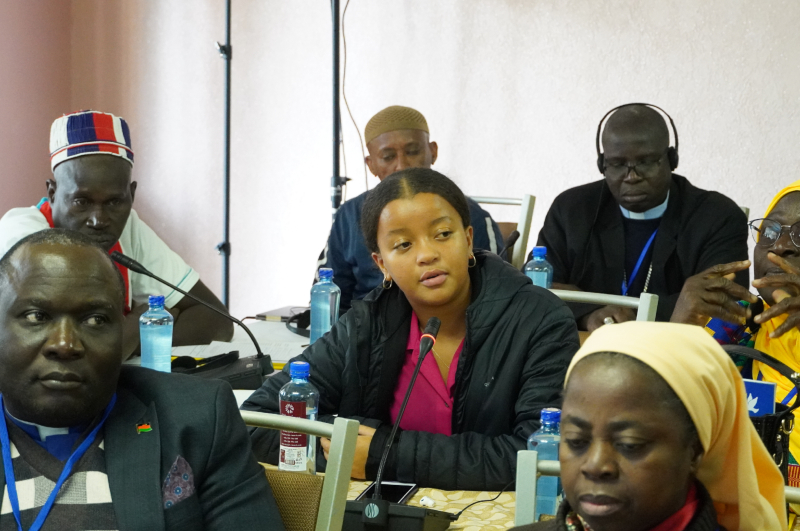
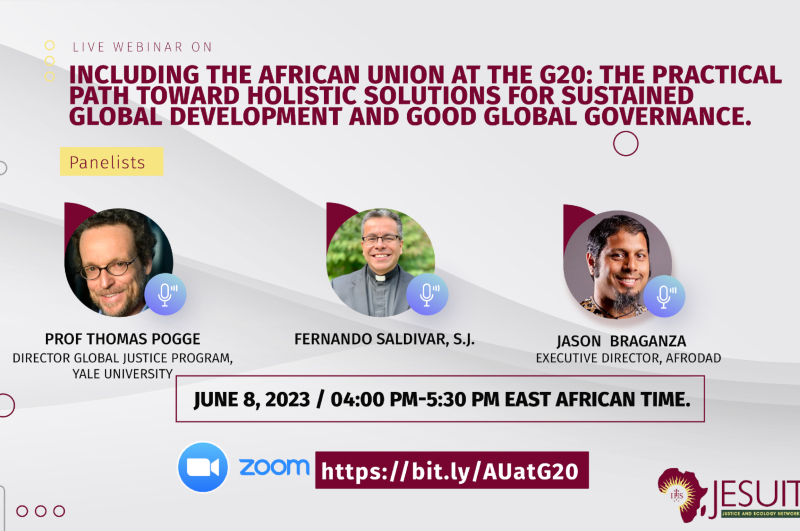
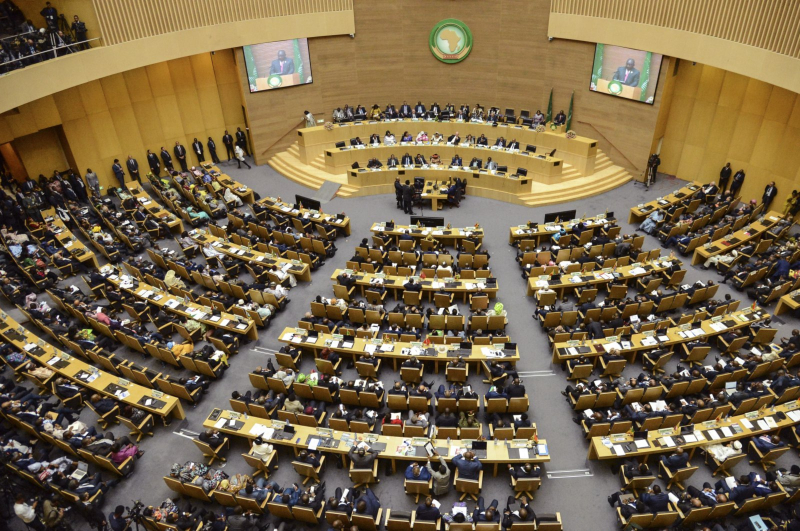
Select Payment Method
Pay by bank transfer
If you wish to make a donation by direct bank transfer please contact Fr Paul Hamill SJ treasurer@jesuits.africa. Fr Paul will get in touch with you about the best method of transfer for you and share account details with you. Donations can be one-off gifts or of any frequency; for example, you might wish to become a regular monthly donor of small amounts; that sort of reliable income can allow for very welcome forward planning in the development of the Society’s works in Africa and Madagascar.
Often it is easier to send a donation to an office within your own country and Fr Paul can advise on how that might be done. In some countries this kind of giving can also be recognised for tax relief and the necessary receipts will be issued.


